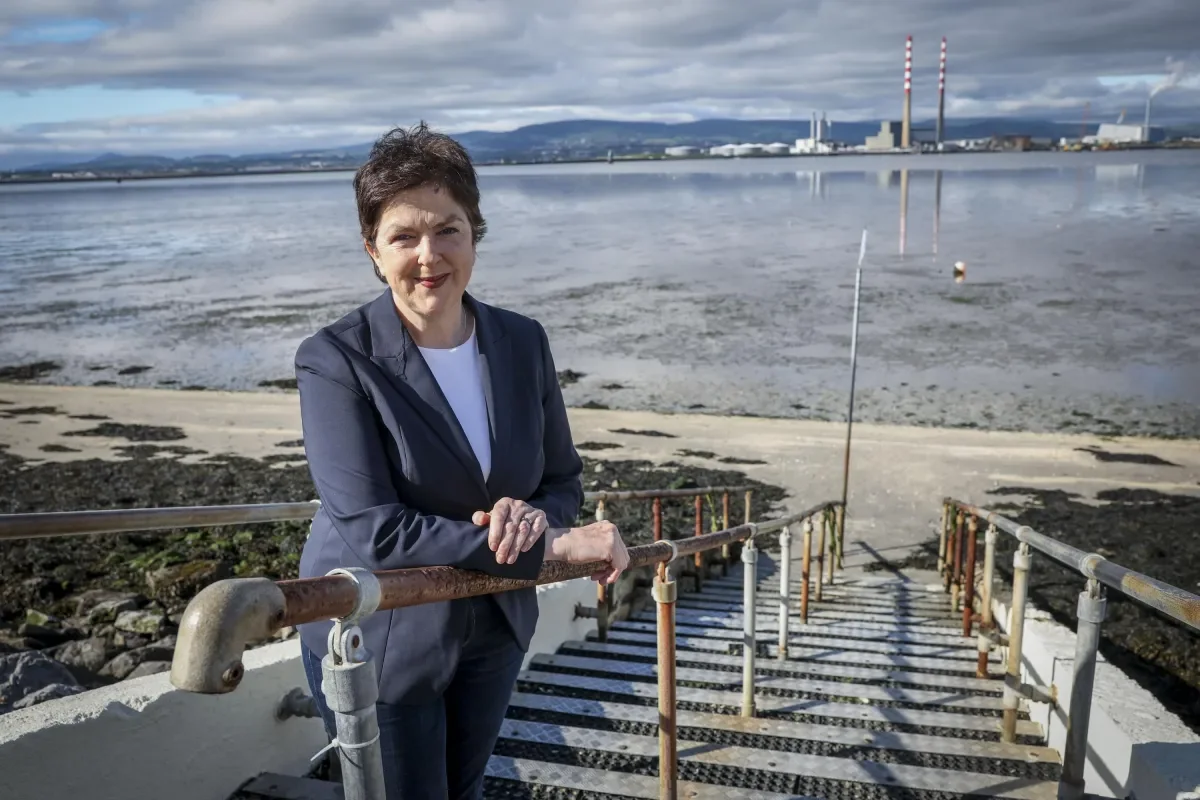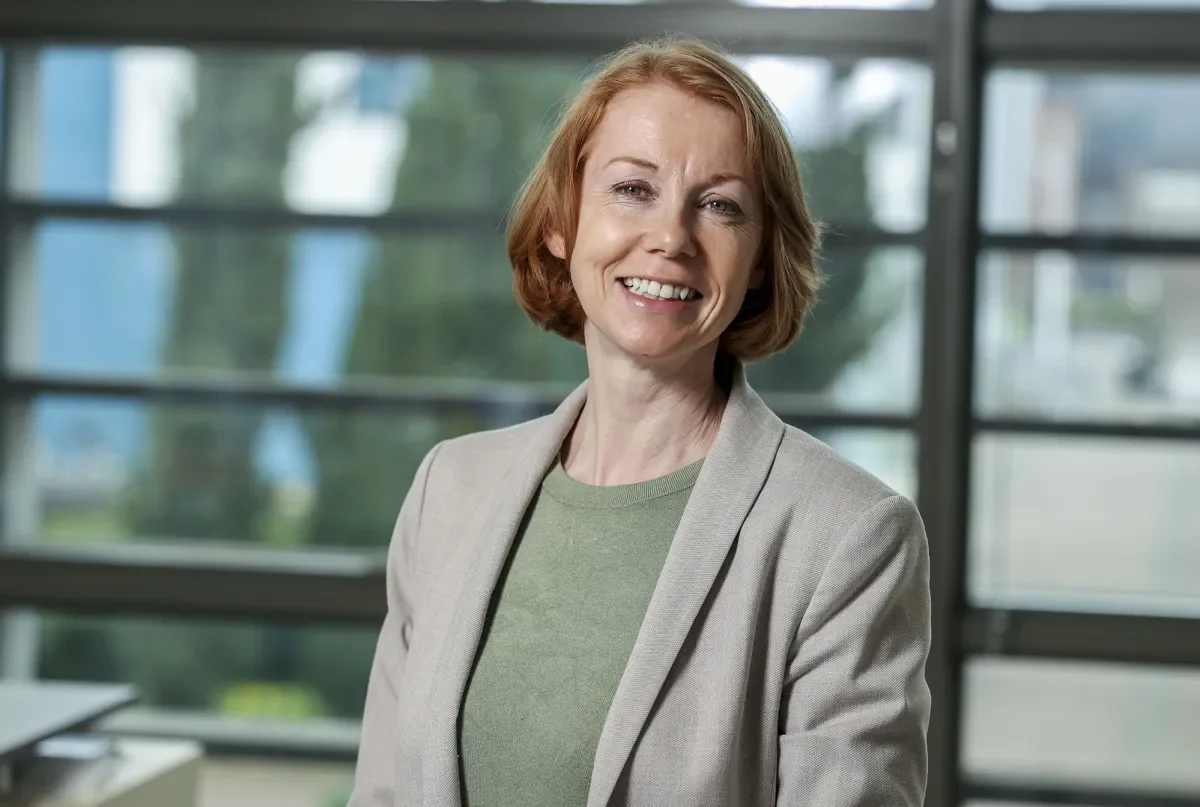

Marine Institute funds €1.5 million DCU led MariBiome project to deliver next generation marine biodiversity monitoring
As marine activities intensify and climate change accelerates, understanding and protecting Ireland’s ocean biodiversity is more critical than ever. MariBiome responds directly to this need, focusing on deploying cutting-edge technologies and generating vital baseline data to support sustainable marine management and policy.
One aspect of this new monitoring strategy are the field deployable eDNA tests: these allow the user to filter large samples of water and test for species without having to catch or observe them, instead analysing biological matter they’ve left behind. These tests could play a key role in monitoring biodiversity, allowing researchers to monitor large areas more efficiently. The project will deliver new custom-developed eDNA assays for marine health monitoring. In addition, the project will create a new modular marine sampling unit for eDNA, microplastics, and chemical contaminants.
Led by Professor Fiona Regan, Director of the DCU Water Institute, the project brings together an interdisciplinary team of researchers from across Ireland and Northern Ireland. Partners include Professor Anne Parle-McDermott (DCU), Professor Paulo Prodohl (Queen’s University Belfast), Dr. Dinesh Babu Duraibabu (ATU Sligo), and Professor Gerard Dooly (University of Limerick)
Prof Fiona Regan, Project Coordinator and Director of DCU Water Institute said
“Ireland’s marine environment is a national asset – culturally, economically, and ecologically. With MariBiome, we are investing in the science and technology needed to protect that asset for future generations. This project will give us the tools to monitor our seas in smarter, more sustainable ways – and will help create a new generation of marine scientists equipped to carry that mission forward.”

In addition to the eDNA tests. over its five-year timeline (July 2025 – June 2030), MariBiome will:
- Establish a comprehensive baseline of marine biodiversity around Ireland using advanced metagenomic techniques, leading to a new national biodiversity baseline dataset. In addition the project will deliver a robust dataset from demonstration sites across Ireland’s coastal waters.
- Develop and deploy a cost-effective, autonomous marine sensing platform which will integrate sensor and sampling capabilities.
- Identify key biological indicators for assessing ecosystem health, including in relation to Marine Protected Areas (MPAs), harmful algal blooms (HABs), and bathing water quality
- Integrate new and existing datasets into accessible monitoring platforms;
- Deliver protocols for assessing the impacts of marine activity on biodiversity and ecosystems.
- Increase national capacity and expertise in low-impact, next-generation marine monitoring;
- Deliver a cohort of highly skilled marine researchers ready to support Ireland’s marine and environmental ambitions.
Next-Generation Marine Scientists
As part of its commitment to building national capacity, MariBiome will recruit five new PhD students, creating a vibrant research environment and training the next generation of marine scientists. These early-stage researchers will play a central role in delivering the project’s scientific goals while developing expertise in marine genomics, sensor technology, environmental modelling, and data science.
MariBiome research outputs will support Ireland’s marine planning, meeting biodiversity targets and obligations under EU and international frameworks.
The MariBiome Project is carried out with the support of the Marine Institute under the Marine Research Programme, and funded by the Government of Ireland.

Marine Institute
MariBiome research outputs will support Ireland’s marine planning, meeting biodiversity targets and obligations under EU and international frameworks.
The MariBiome Project is carried out with the support of the Marine Institute under the Marine Research Programme, and funded by the Government of Ireland.
